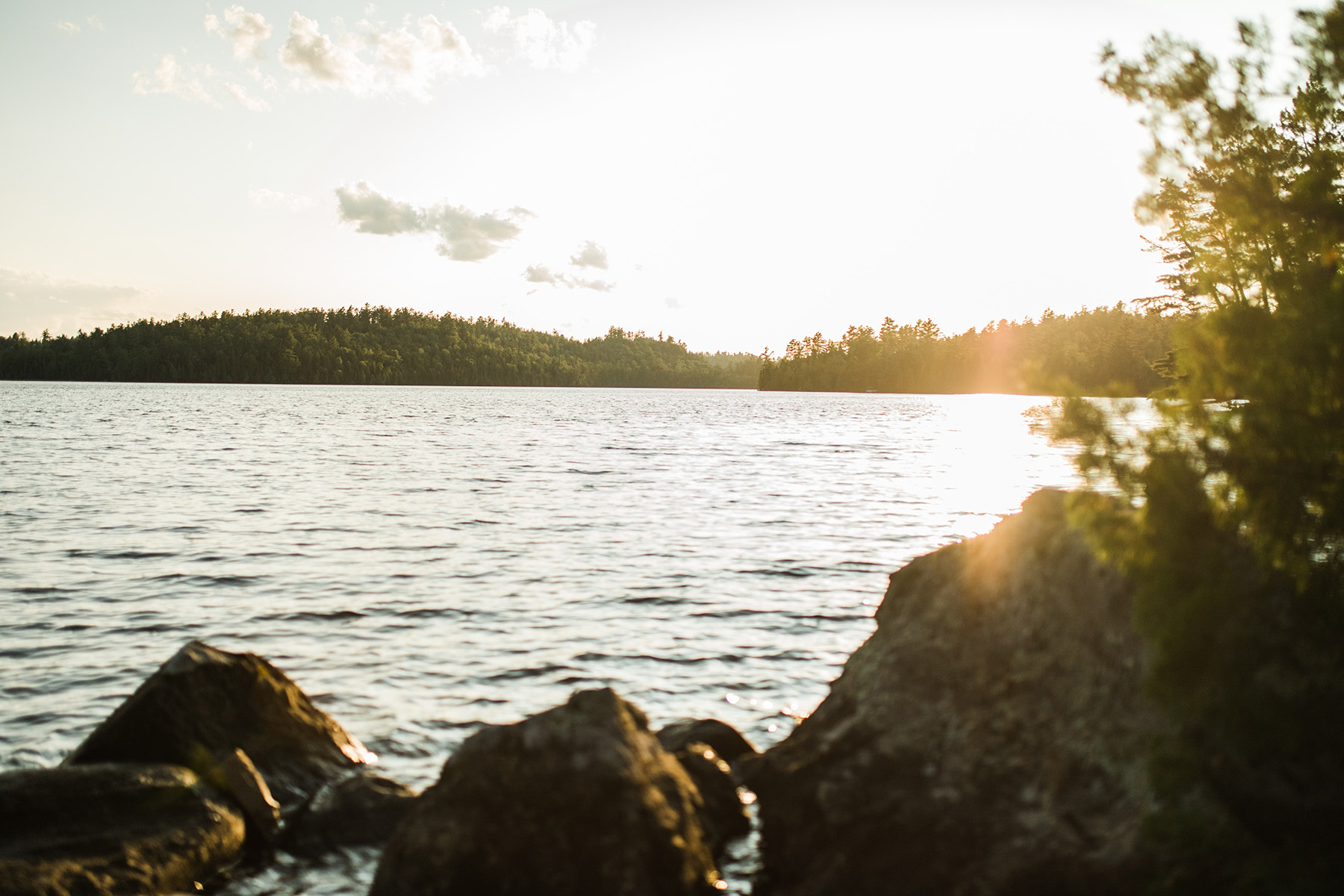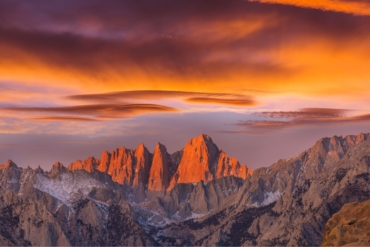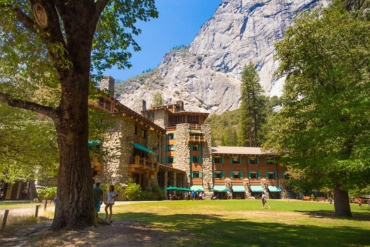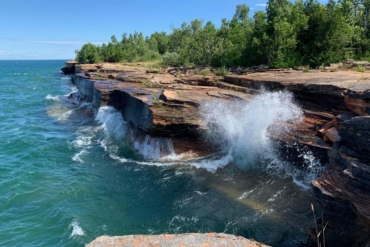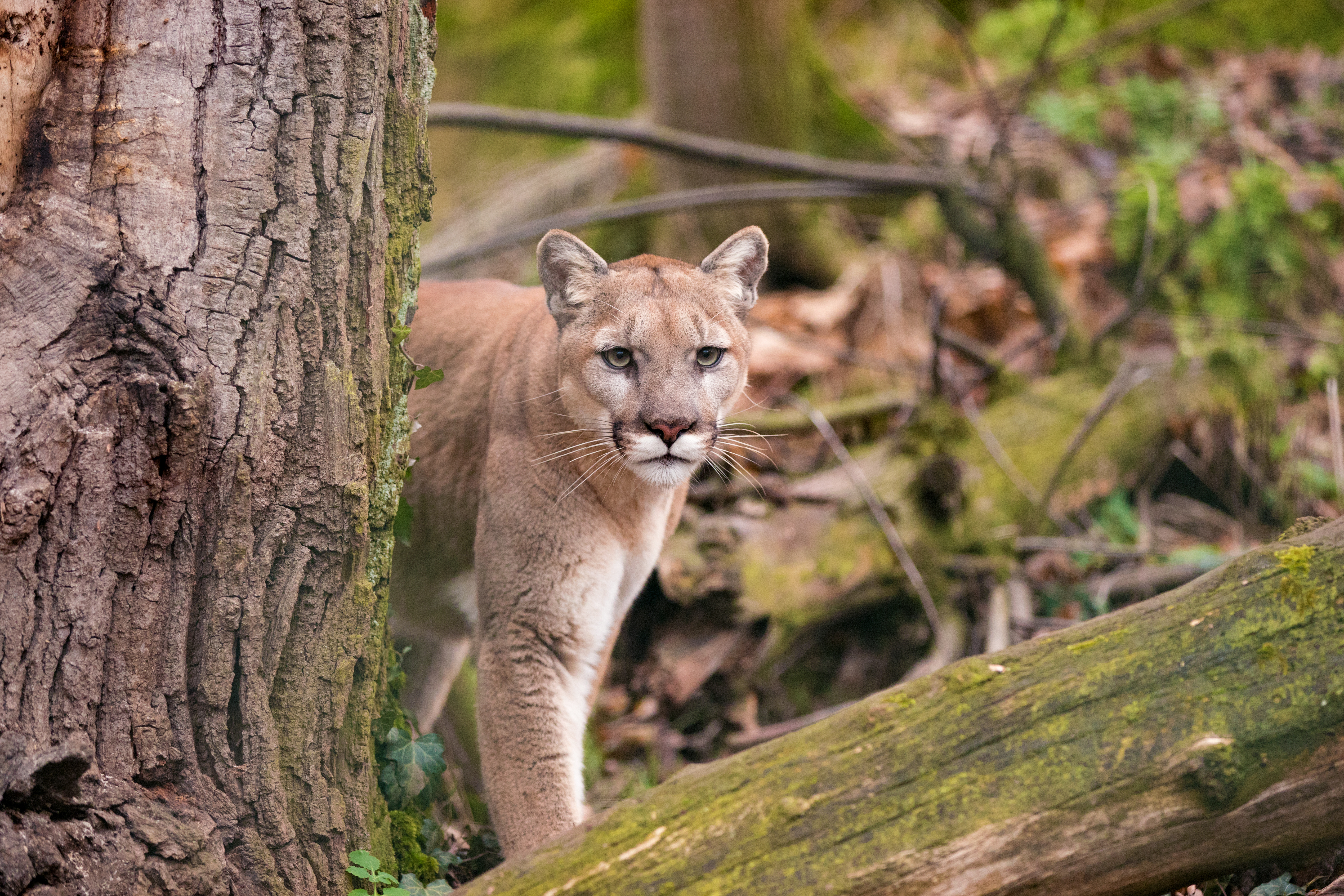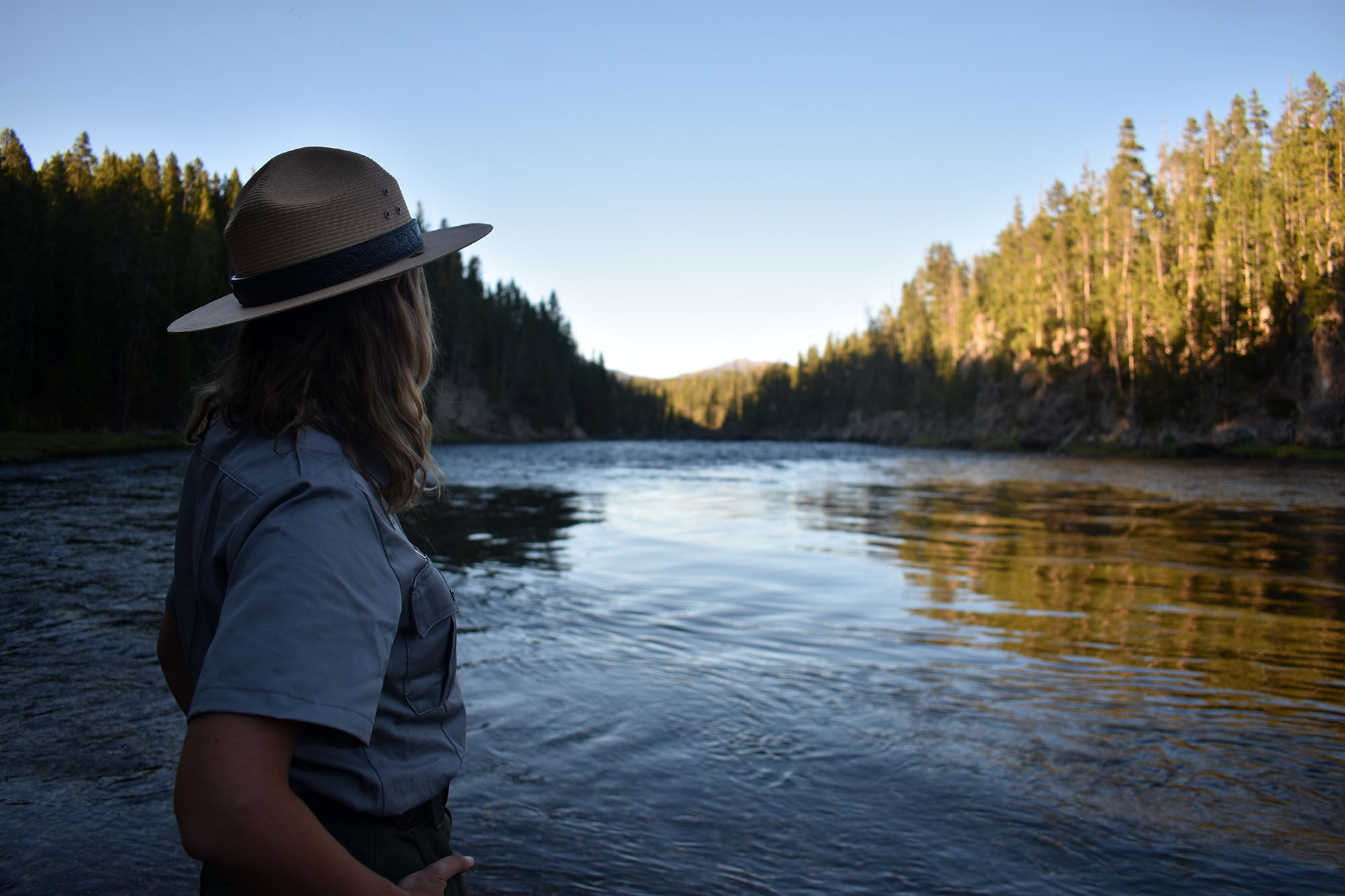Twin Metals Minnesota had two of its mining leases in the Boundary Waters Canoe Area Wilderness canceled after the DOI determined they were improperly renewed in 2019.
A Chilean mining company faces the loss of two mining leases after an internal review by the DOI. Principal deputy solicitor Ann Marie Bledsoe Downes found that the Trump administration improperly renewed the leases, and the Biden administration is taking action to course-correct.
What the DOI Found
The Interior Department’s Office of the Solicitor found several issues with the 2019 renewal of two mining leases. The deficiencies cited by the department include:
- Lease renewal forms contravened the Department’s regulations
- The Department did not duly recognize the U.S. Forest Service’s consent authority
- The inadequate environmental analysis failed to include a no-renewal, no-action alternative
These findings have resulted in the cancellation of the two leases. However, no mineral production has actually occurred on either lease since the original issuance date in 1966.
This cancellation comes after a 2020 ruling, in which Judge Trevor McFadden ruled the renewals to be lawful.
What Is the BWCA?

The Boundary Waters Canoe Area Wilderness (BWCA) is a region in Minnesota’s Superior National Forest. It consists of just over a million acres of woodlands, streams, and glacial lakes. It is home to more than 1,200 miles of canoe routes and has 2,000 designated campsites.
The BWCA represents the most visited wilderness area in the United States. It is unique because it is the only lake/land wilderness in the National Wilderness Preservation System.
Aside from the recreation aspects, this fragile ecosystem has been at the center of a push for preservation since the early 1900s. The Boundary Waters Canoe Area Wilderness Act of 1978 brought about a new level of protection for the wilderness ecosystem.
In 2020, the BWCA was designated as a Dark Sky Sanctuary, one of only 13 places in the world selected for its undisturbed night darkness. In other words, it is one of the darkest places on the planet, free from artificial light pollution. If you’re looking to do some stargazing, this is the spot to be.
Why Protect the Boundary Waters?

Responsible mining of domestic minerals is an essential component in the transition to clean energy. The BWCA, like many wilderness areas, has resources that are economically beneficial for development. However, the wilderness area offers far more than just a mineral-rich environment.
Over 250 wildlife species live in this region’s lands and waters. Those species include the Canada lynx, snowy owl, northern long-eared bat, and the prehistoric sturgeon. Poorly regulated mining can threaten the fragile watershed, as well as the animal and plant life that call it home.
From an economic standpoint, being the most visited wilderness area in the U.S. brings massive economic benefits to the region. The BWCA generates $77 million through outdoor recreation and supports 17,000 local jobs.
In addition to the benefit of environmental protection, the tourism industry benefits immensely from the preservation of the area.
Conservation Groups Applaud Decision
Conservation organizations across the United States have voiced their gratitude for the recent decision. Many groups have been working for decades to establish permanent protections for the area.
“Today’s announcement by the Biden administration is the right decision for the Boundary Waters and for the outdoor community that has worked so hard to protect it for future generations,” said Lukas Leaf of Sportsmen for the Boundary Waters.
“We join a thunderous applause in thanking the administration for rescinding the leases that never should have been issued in the first place — and we look forward to continuing to work with Congress to assure the long-term protection of the Boundary Waters watershed,” said Backcountry Hunters and Anglers CEO and president, Land Tawney.
